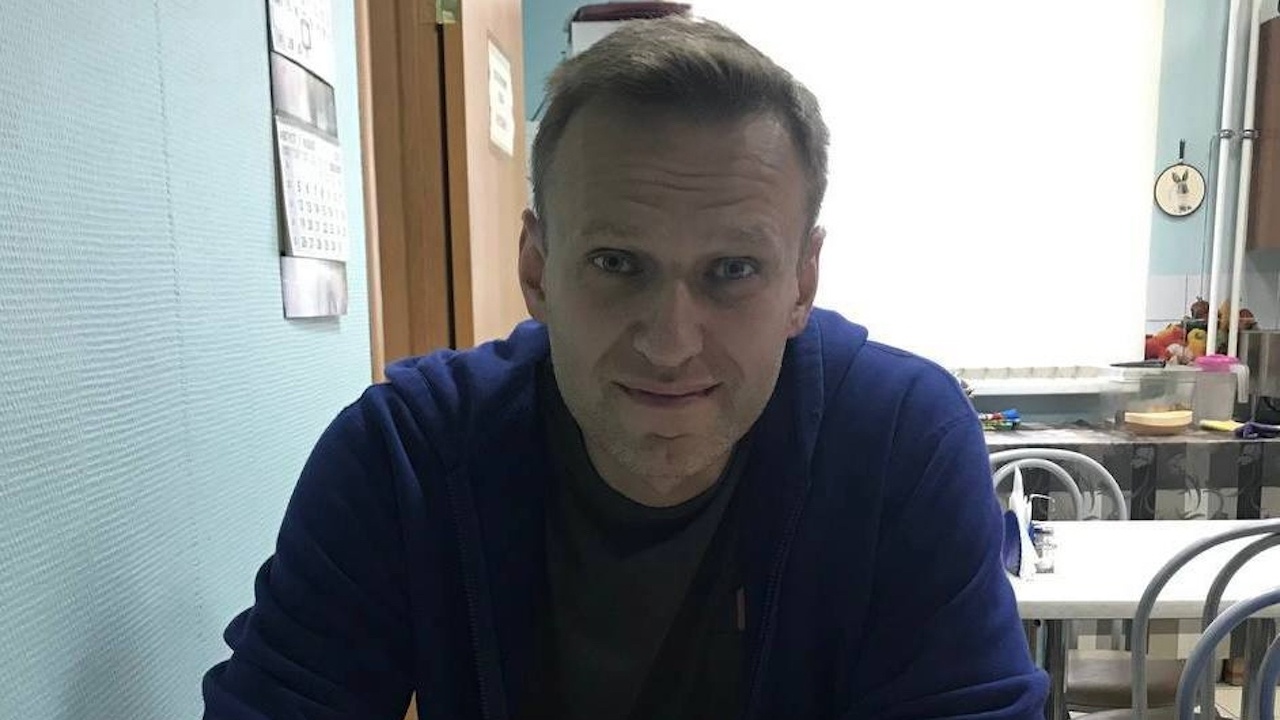The European Court of Human Rights (ECHR) will announce next week the verdict in the case of the poisoning of Russian opposition politician Alexei Navalny, the press service of the Council of Europe announced.
The case concerns the refusal of the Russian authorities to initiate criminal proceedings for "alleged poisoning of the applicant with a chemical nerve agent from the Novichok group in August 2020, which led to his falling into a coma and placing him on a life support apparatus," the statement said. Forensic examinations carried out in Russia have shown that no potent or poisonous, narcotic, psychotropic substances or their ingredients were found in Navalny and in the objects provided for examination.
After Navalny was flown to Germany, the government in Berlin announced that the results of tests on Navalny's samples had revealed unequivocal evidence of the presence of a chemical nerve agent from the Novichok group, banned under the Chemical Weapons Convention.
Citing Article 2 (right to life) and Article 13 (right to effective protection) of the European Convention on Human Rights, Navalny appealed against the refusal of the Russian authorities to open an investigation.
Navalny says new terrorism case has been opened against him.
It is noted that Navalny submitted a total of 28 complaints to the ECtHR. The court has already ruled on eight cases since 2014, finding numerous violations in all resolved cases, including under Article 18 of the European Convention on Human Rights (a hidden purpose of restricting rights). The rulings were sent to the Committee of Ministers of the Council of Europe, and at its last meeting in March this year, the committee expressed regret that Navalny has not yet been released and has been held mainly in isolation and without direct and unrestricted access to its defenders.
After 26 years of membership, Russia was expelled from the Council of Europe on March 16, less than a month after starting a war in Ukraine. Six months later, Russia ceased to be a party to the human rights convention. In a communication on this occasion, the Council of Europe then clarified that the ECtHR remains competent to hear complaints against Russia for acts or omissions committed until 16 September 2022, with 17,450 appeals against the Russian side remaining "pending" in court. Under the Convention on Human Rights, Russia has a binding legal obligation to comply with judgments and judgments of the ECtHR. It was specified that 2129 sentences and decisions have not yet been fully implemented by Russia and remain under the supervision of the Committee of Ministers.
lawsuit
European Court of Human Rights
Alexei Navalny
poisoning
ECHR
